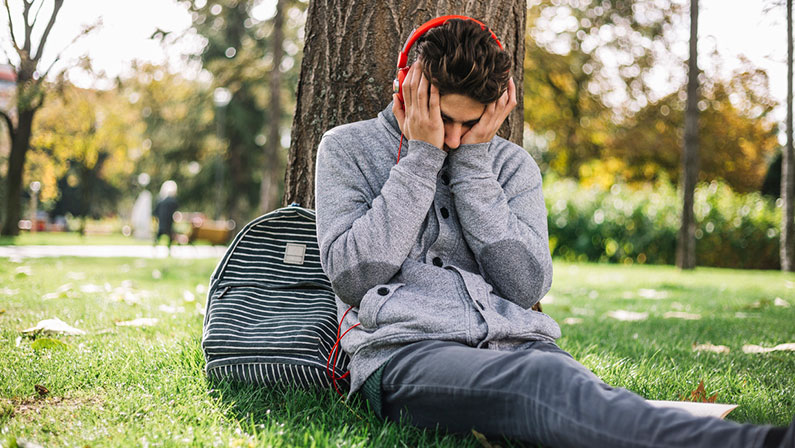Sexual assault is more common than many people think, and it can occur to victims of all genders. When sexual assault does occur, there are many resources that someone can turn to. But sexual assault is also a complex crime, especially in a university environment. Here’s what you need to know about sexual assault, how it occurs, and what you can do.
Sexual Assault Usually Doesn’t Happen with Strangers
Many people assume that sexual assault means a dark alley and a stranger. In fact, those who experience sexual assault are more likely to know their assailant. It may be a friend, a partner, or an acquaintance. Any time consent is not given and sexual activity occurs, it is sexual assault. In college, there may be people who don’t even realize that they have committed a sexual assault — and that isn’t an excuse for it.
Risks Can’t Always be Mitigated
Often, the advice is given to engage in risk-minimizing activities — avoid drinking with strangers, watch drinks constantly, and go out in pairs. But no one can live in constant vigilance, and realistically, people in college are experiencing things, exploring, and having fun. No one should avoid reporting a sexual assault because they feel that they engaged in risk-taking behaviors, such as drinking at a party or going out alone at night.
Reporting is the Right of the Person Who Was Assaulted
Understandably, going through the process of reporting a sexual assault is stressful and not everyone wants to do so. It’s always up to the person who was assaulted to decide whether they want to report a crime that is sexual in nature (apart from witnesses, who may have been traumatized themselves). Those who know someone who has been sexually assaulted should comfort them and offer them resources but should not force them to report the crime and potentially expose them to greater trauma.
A Lawyer is Always a Good Idea
When sexually assaulted on campus, a college student should consult with their own attorney. Often, universities have their own methods of dealing with sexual assault, which involves campus security rather than police. It can also be difficult for those who have been sexually assaulted to coordinate on their own cases with police. An attorney can help a student determine whether they want to move forward with a case at all.
Unfortunately, sexual assault does frequently happen on college campuses — through no fault of those who experience it. But with the right help and resources, it is possible to heal and get justice.

